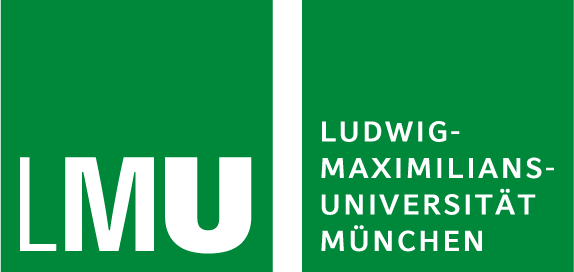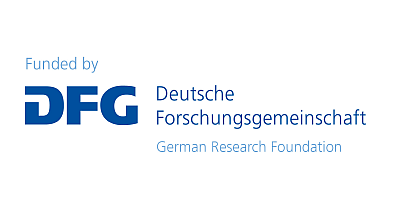This project draws on the findings of current research on human-environment relations in times of climate change and connects to the view of understanding the devastation of the Anthropocene as a planetary crisis. However, instead of focusing on resilience and adaptation of particularly affected groups, this project proposes a new approach of „planetary healing.“ It brings into focus indigenous practices of healing that connect different scales and address individual as well as collective and environmental dimensions. These are explicitly related to the challenges of climate change and to ongoing coloniality, but also to decolonization. The applicant sees (de)colonization and healing practices as a driving force for social transformation. Such (de)colonizing processes are particularly visible in Latin America, where new normative claims, for example with regard to the legal system as well as to social life (buen vivir, conviviality), have already found social expression. Drawing on several case studies and applying specific ethnographic methods, the approach proposed here will be developed and overarching concepts, narratives and imaginaries will be identified. This will generate insights that point beyond the local framework in each case study and will stimulate interdisciplinary dialogue. Essentially, the project has three goals:
1. to theorize and systematize planetary healing in the context of (de)colonization
2. to explore the transformative social potential of planetary healing to reconfigure human-environment relations
3. to further develop ethnographic methods to capture the scaling of the planetary.
Planetary Healing: Transformation, (De)colonization and Climate Change is a Reinhart Koselleck-Project, funded by the Deutsche Forschungsgemeinschaft (DFG, German Research Foundation) – 529294330

